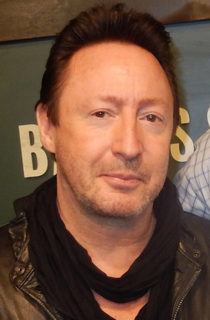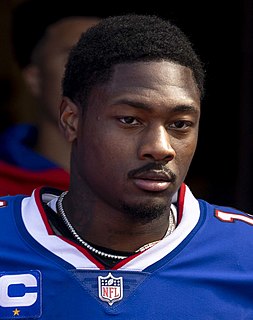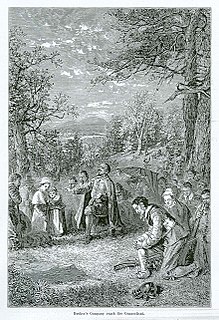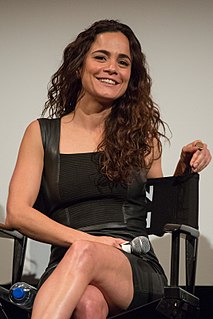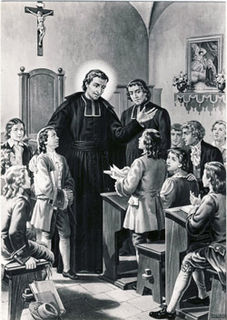A Quote by Ajay Mehta
Losing my father at a tender age was hard, and I felt it more so while growing up when I needed a father to talk to. Especially while pursuing an acting career where I would have loved his guidance and advice, since it was his passion as well.
Related Quotes
I know that Dad was an idol to millions who grew up loving his music and his ideals. But to me he wasn't a musician or a peace icon, he was the father I loved and who let me down in so many ways. After the age of five, when my parents separated, I saw him only a handful of times, and when I did he was often remote and intimidating. I grew up longing for more contact with him but felt rejected and unimportant in his life.
... ... While Dad was fast becoming one of the wealthiest men in his field, Mum and I had very little and she was going out to work to support us.
When the father is going on in his journey, if the child will not goe on, but stands gaping upon vanity, and when the father calls, he comes not, the onely way is this: the father steps aside behind a bush, and then the child runs and cries, and if he gets his father againe, he forsakes all his trifles, and walkes on more faster and more cheerefully with his father than ever.
And he arose and came to his father. But while he was still a long way off, his father saw him and felt compassion, and ran and embraced him and kissed him. And the son said to him, 'Father, I have sinned against heaven and before you. I am no longer worthy to be called your son. But the father said to his servants, 'Bring quickly the best robe, and put it on him, and put a ring on his hand, and shoes on his feet. And bring the fattened calf and kill it, and cet us eat and celebrate. For this my son was dead, and is alive again; he was lost, and is found.' And they began to celebrate.
I learned respect for womanhood from my father's tender caring for my mother, my sister, and his sisters. Father was the first to arise from dinner to clear the table. My sister and I would wash and dry the dishes each night at Father's request. If we were not there, Father and Mother would clean the kitchen together.
A father would do well, as his son grows up, and is capable of it, to talk familiarly with him; nay, ask his advice, and consult with him about those things wherein he has any knowledge or understanding. By this, the father will gain two things, both of great moment. The sooner you treat him as a man, the sooner he will begin to be one; and if you admit him into serious discourses sometimes with you, you will insensibly raise his mind above the usual amusements of youth, and those trifling occupations which it is commonly wasted in.
Cus was my father but he was more than a father. You can have a father and what does it mean?—it doesn't really mean anything. Cus was my backbone . . . . He did everything for my best interest . . . . We'd spend all our time together, talk about things that, later on, would come back to me. Like about character, and courage. Like the hero and the coward: that the hero and the coward both feel the same thing, but the hero uses his fear, projects it onto his opponent, while the coward runs. It's the same thing, fear, but it's what you do with it that matters.
As in the natural life a child must have a father and a mother, so in the supernatural life of grace a true child of the Church must have God for his Father and Mary for his mother. If he prides himself on having God for his Father but does not give to Mary the tender affection of a true child, he is an impostor and his father is the devil.


